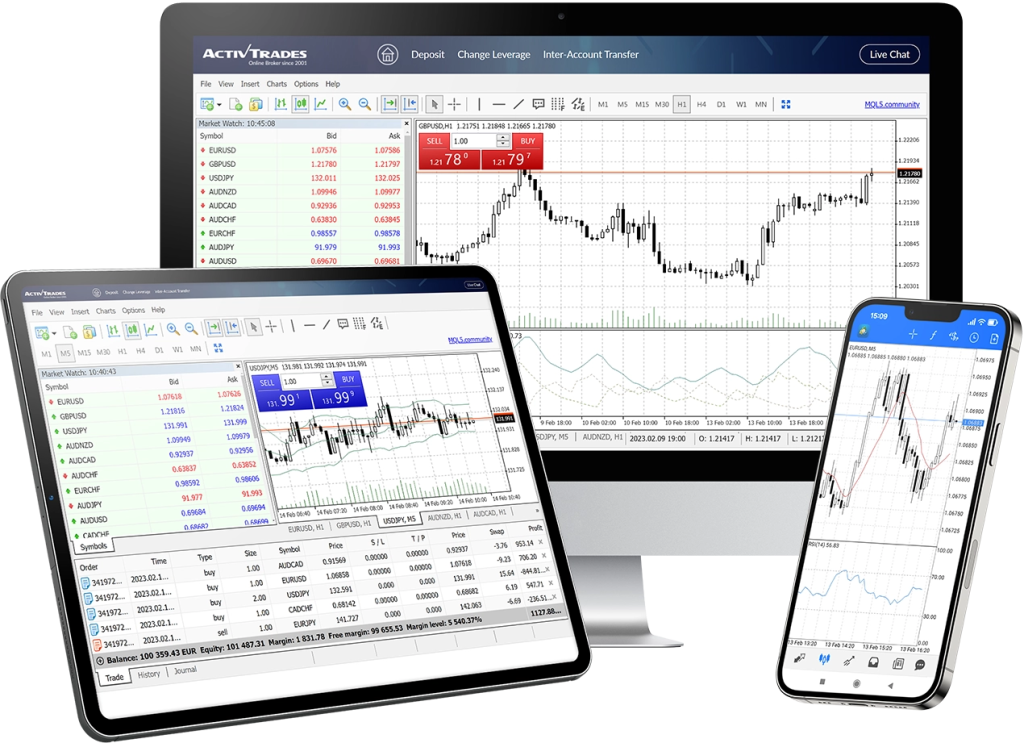Trade index markets with spreads from 0.23 pips
No fees for opening/closing trades
Over 100k per second trades bandwidth
All client deposits are insured and held in segregated accounts
With customer satisfaction rate over 95%
Over 93.6% of orders filled at requested price or better

Trade forex on our exclusive next generation trading platform


| EURUSD | GBPUSD |
| USDJPY | and more |

| EURUSD | GBPUSD |
| USDJPY | and more |

| EURUSD | GBPUSD |
| USDJPY | and more |

| EURUSD | GBPUSD |
| USDJPY | and more |

| EURUSD | GBPUSD |
| USDJPY | and more |

| EURUSD | GBPUSD |
| USDJPY | and more |

| EURUSD | GBPUSD |
| USDJPY | and more |
An index is basically an average of a number of assets (usually stocks). They allow you to track and invest in the performance of entire stock markets, or specific sectors within them, rather than trading individual names.
Market participants follow the performance of major stock indices because they provide a useful gauge of investor sentiment. Index traders tend to speculate around crucial economic news such as interest rate decisions, labour market data, and GDP releases, in a manner similar to FX traders.
This is because indices offer a way of expressing an opinion, long or short, on an entire economy in a highly accessible and affordable way.
Investing in indices offers your portfolio access to an entire asset class such as stocks, with the diversification that comes with having your investment spread across a multitude of companies rather than just one.
There are many benefits of trading indices, chief among them being diversification.
Unlike trading an individual symbol like a currency pair, stock, commodity, or cryptocurrency; when you trade an index, you’re dividing your exposure among a variety of individual symbols. Secondly, indices tend to be more liquid than individual stocks. Finally, another great reason to trade indices is their usefulness as a hedging tool.
ActivTrades currently offers fourteen cash (Spot) indices and seventeen futures indices. Some of the most popular indices are: The S&P 500 (USA500) tracks the performance of the 500 largest publicly traded US companies traded across different US exchanges and is regarded as a gauge of the general health of the US economy.
The Nasdaq 100 (USATEC) is composed of around 100 non-financial companies traded exclusively on the Nasdaq stock exchange.The Nasdaq 100 is traded as the riskier “growth” end of the US stock spectrum due to the riskier, tech-based names it comprises.
The Dow Jones Industrial Average tracks the performance of 30 “blue chip” stocks that trade on the New York Stock Exchange and has historically been regarded as a proxy for US industry.
DAX 40 (GER40) is one of the easiest ways to gain exposure to names such as Mercedes Benz, Adidas, Bayer, and SAP. In addition to offering access to the fates of these great names, the DAX 40 is a bet on (or against) European industry, as well as a hedge against the US stock market.
The FTSE 100 is an index of 100 of the largest British companies traded on the London Stock Exchange (LSE). The index includes names as diverse as BP, HSBC, Rolls Royce, and Vodaphone.